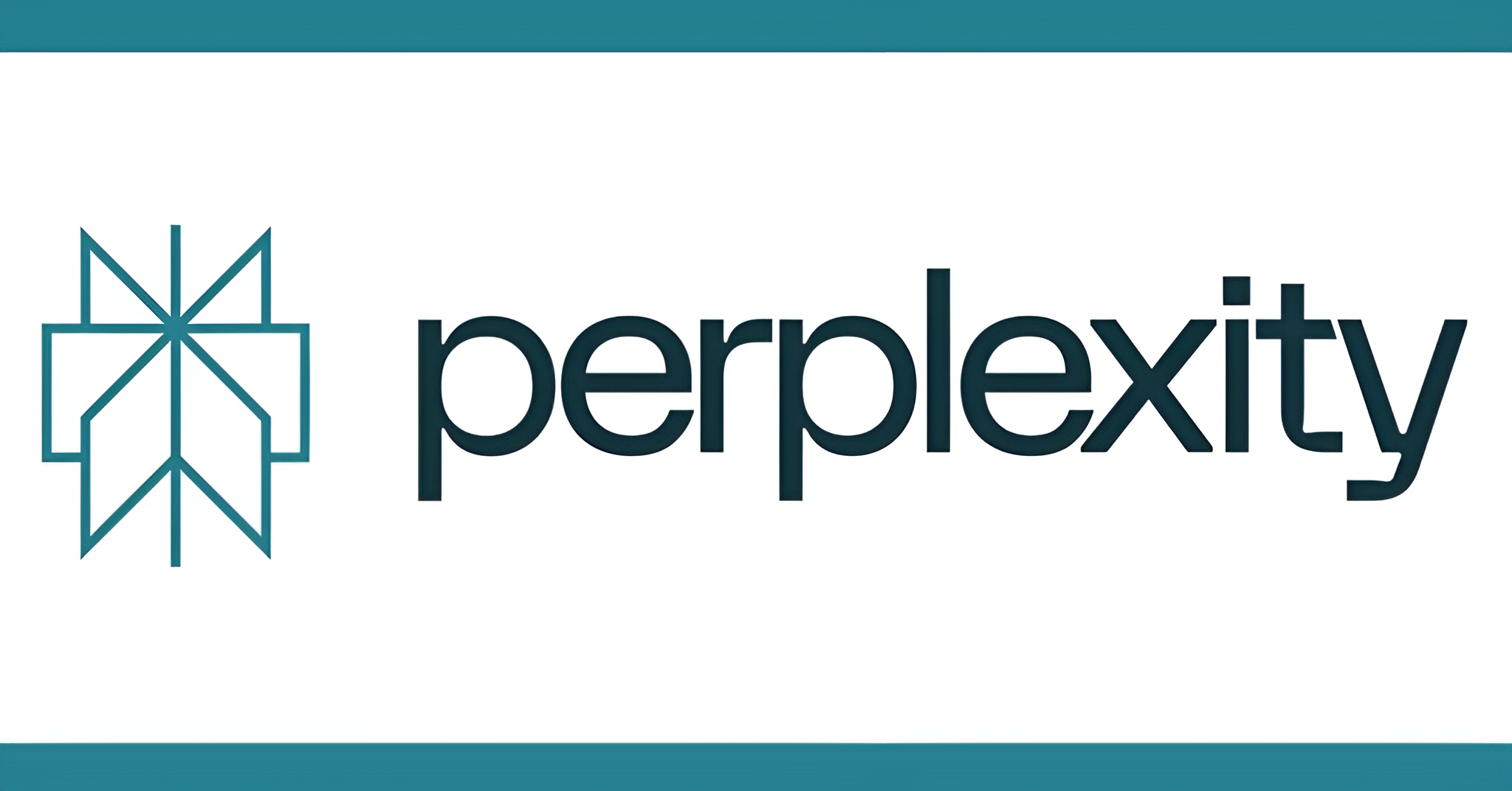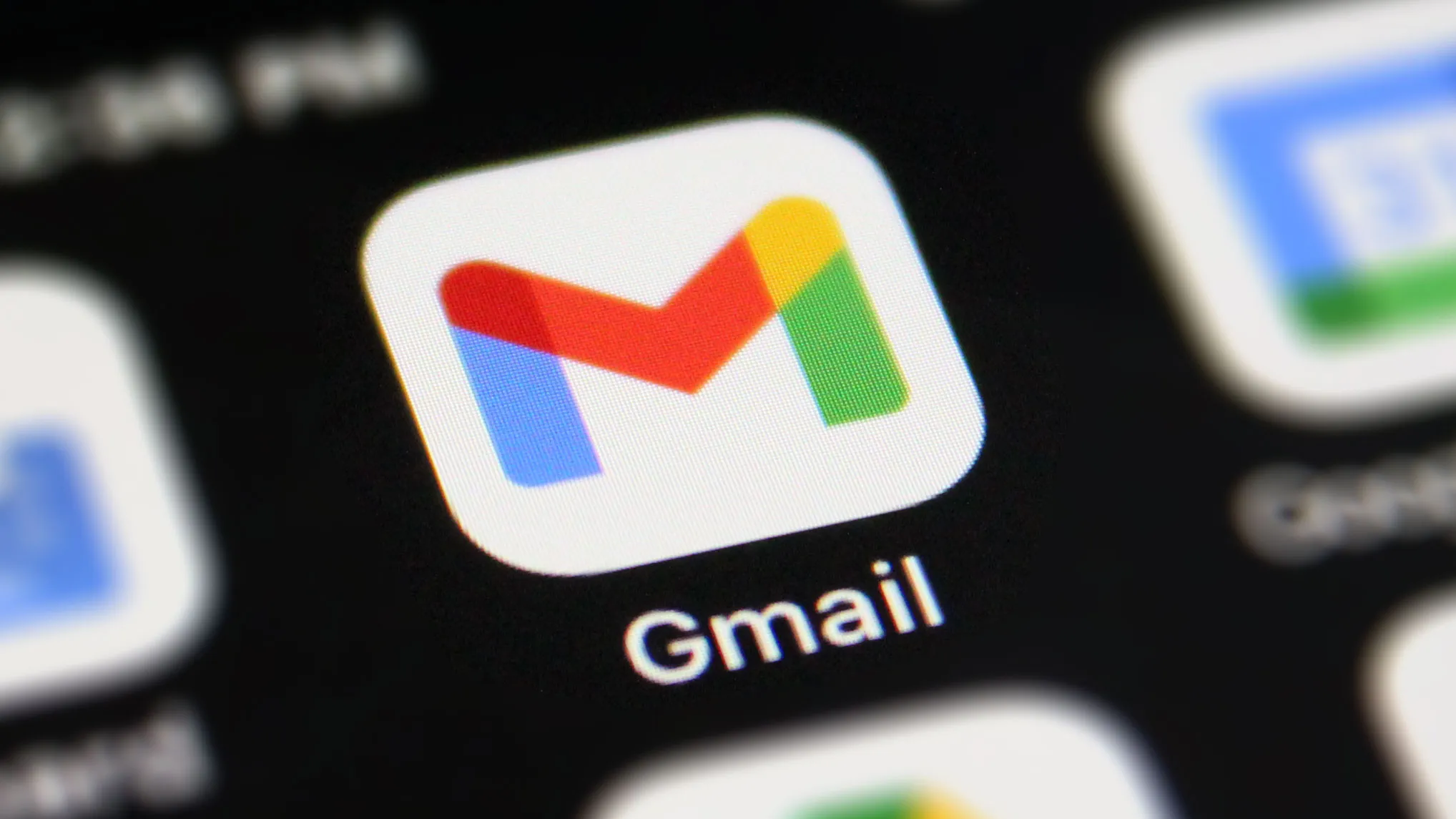Perplexity has announced Comet Plus, a new service that will pay premium publishers to provide high-quality news content as an alternative to clickbait. The company has not disclosed its roster of partners or payment structure, though reports suggest a pool of $42.5 million.
Publishers have long criticised AI services for exploiting their work without compensation. Perplexity, backed by Amazon’s Jeff Bezos, said Comet Plus will create a fairer system and reward journalists for producing trusted content in the era of AI.
The platform introduces a revenue model based on three streams: human visits, search citations, and agent actions. Perplexity argues this approach better reflects how people consume information today, whether by browsing manually, seeking AI-generated answers, or using AI agents.
The company stated that the initiative aims to rebuild trust between readers and publishers, while ensuring that journalism thrives in a changing digital economy. The initial group of publishing partners will be revealed later.
Would you like to learn more about AI, tech, and digital diplomacy? If so, ask our Diplo chatbot!










